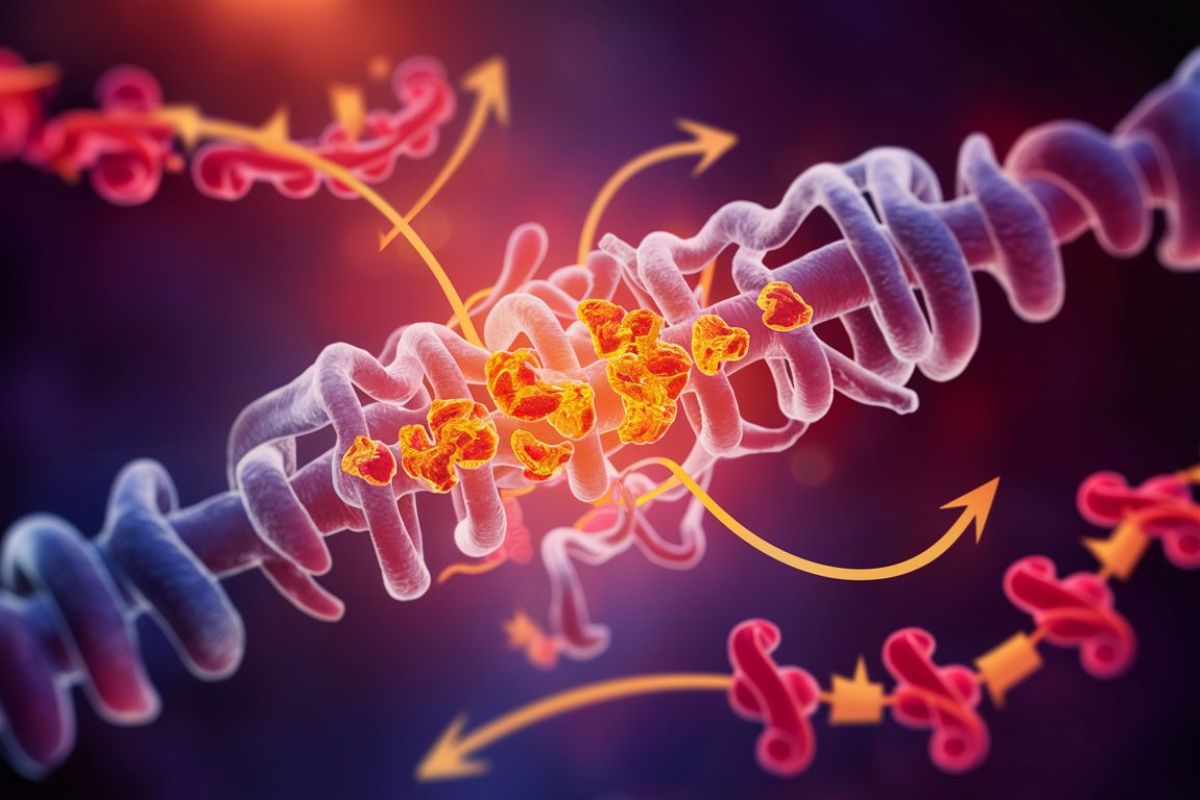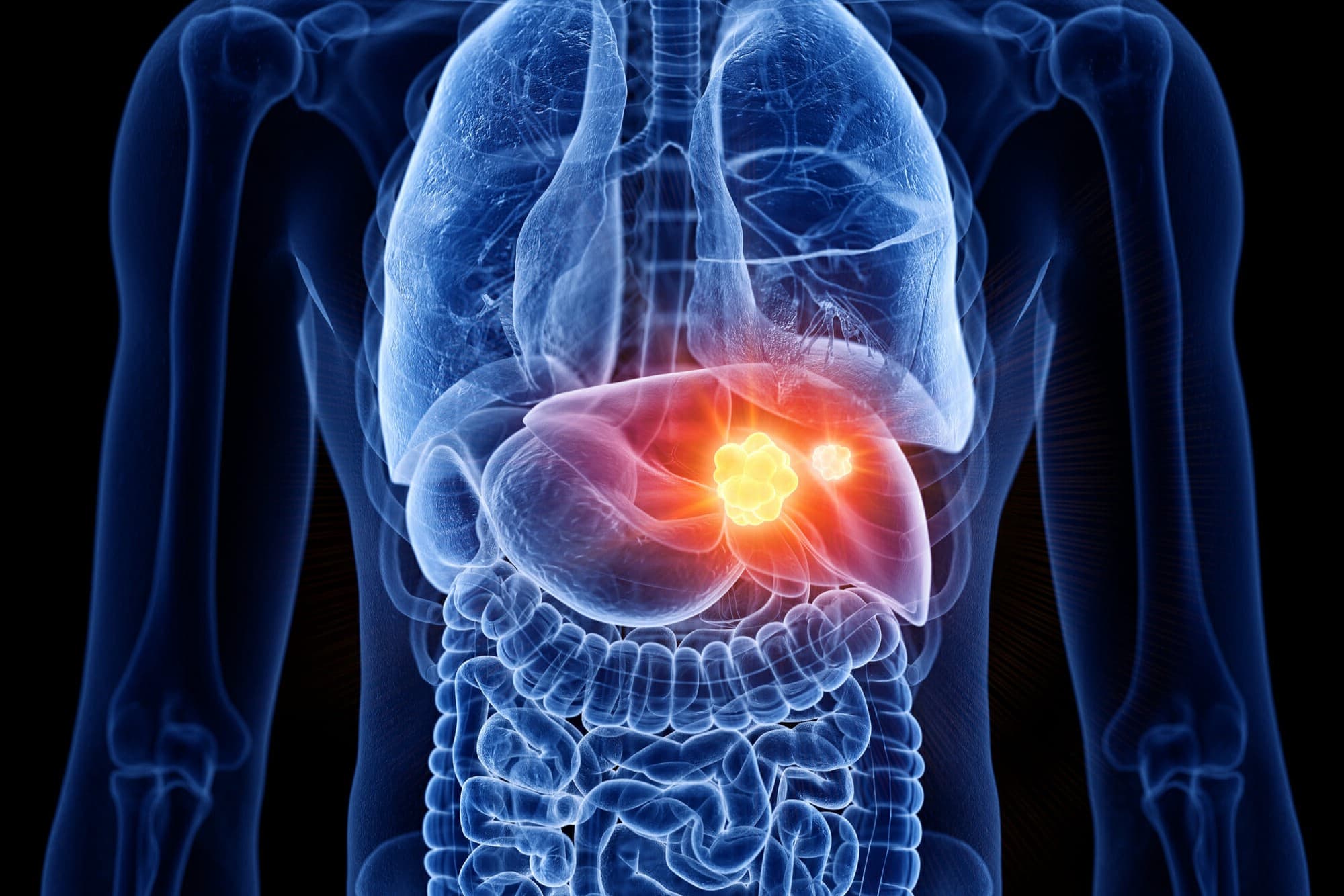
Alpha-Ketoglutarate Dehydrogenase Deficiency is a rare metabolic disorder that affects energy production in cells. This condition stems from a malfunction in the alpha-ketoglutarate dehydrogenase complex, an enzyme crucial for the Krebs cycle. Symptoms often include developmental delays, muscle weakness, and neurological issues. Diagnosing this deficiency can be challenging due to its rarity and overlapping symptoms with other disorders. Treatment typically focuses on managing symptoms and may involve dietary adjustments, supplements, and physical therapy. Understanding this condition is vital for those affected and their families. Let's dive into 20 essential facts about alpha-ketoglutarate dehydrogenase deficiency.
What is Alpha-Ketoglutarate Dehydrogenase Deficiency?
Alpha-Ketoglutarate Dehydrogenase Deficiency is a rare metabolic disorder that affects the body's ability to process certain amino acids and carbohydrates. This condition can lead to various health issues, including neurological problems and developmental delays. Here are some fascinating facts about this condition.
-
Rare Genetic Disorder: Alpha-Ketoglutarate Dehydrogenase Deficiency is an extremely rare genetic disorder. Only a handful of cases have been documented worldwide.
-
Enzyme Deficiency: The condition is caused by a deficiency in the alpha-ketoglutarate dehydrogenase enzyme, which plays a crucial role in the Krebs cycle, a key energy-producing process in cells.
-
Autosomal Recessive Inheritance: This disorder is inherited in an autosomal recessive manner, meaning a child must inherit two copies of the defective gene, one from each parent, to be affected.
Symptoms and Diagnosis
Understanding the symptoms and how this condition is diagnosed can help in early detection and management.
-
Neurological Symptoms: Common symptoms include developmental delays, intellectual disability, and seizures. These neurological issues arise due to the brain's high energy demands.
-
Muscle Weakness: Individuals may experience muscle weakness and hypotonia (reduced muscle tone), making physical activities challenging.
-
Metabolic Acidosis: This condition can lead to metabolic acidosis, where the blood becomes too acidic, causing various health complications.
-
Diagnostic Tests: Diagnosis typically involves blood and urine tests to detect abnormal levels of certain metabolites. Genetic testing can confirm the presence of mutations in the relevant genes.
Treatment and Management
While there is no cure for Alpha-Ketoglutarate Dehydrogenase Deficiency, several treatments can help manage the symptoms.
-
Dietary Management: A specialized diet low in certain amino acids and carbohydrates can help manage symptoms and improve quality of life.
-
Supplements: Some patients benefit from supplements like thiamine (vitamin B1), which can enhance the activity of the remaining functional enzyme.
-
Seizure Control: Anti-seizure medications are often prescribed to manage epilepsy associated with this condition.
Research and Future Directions
Ongoing research aims to better understand this disorder and develop more effective treatments.
-
Gene Therapy: Scientists are exploring gene therapy as a potential treatment, aiming to correct the underlying genetic defect.
-
Metabolic Pathways: Research into the metabolic pathways affected by this deficiency could lead to new therapeutic targets.
-
Patient Registries: Establishing patient registries helps researchers collect data and track the natural history of the disease, facilitating better understanding and treatment development.
Living with Alpha-Ketoglutarate Dehydrogenase Deficiency
Living with this condition presents unique challenges, but support and resources are available.
-
Support Groups: Joining support groups can provide emotional support and practical advice for families affected by this disorder.
-
Educational Resources: Access to educational resources tailored to the needs of children with developmental delays can help them reach their full potential.
-
Physical Therapy: Regular physical therapy can improve muscle strength and coordination, enhancing mobility and independence.
Interesting Facts
Here are some additional intriguing facts about Alpha-Ketoglutarate Dehydrogenase Deficiency.
-
Historical Discovery: The enzyme alpha-ketoglutarate dehydrogenase was first discovered in the 1930s, but its deficiency as a medical condition was not identified until much later.
-
Energy Production: This enzyme is vital for energy production in cells, particularly in the brain and muscles, which explains why its deficiency has such severe effects.
-
Research Models: Animal models, such as mice, are used in research to study the effects of this deficiency and test potential treatments.
-
Public Awareness: Raising public awareness about rare disorders like Alpha-Ketoglutarate Dehydrogenase Deficiency can lead to better funding for research and support for affected families.
Final Thoughts on Alpha-Ketoglutarate Dehydrogenase Deficiency
Alpha-Ketoglutarate Dehydrogenase Deficiency is a rare metabolic disorder that impacts energy production in cells. This condition can lead to various symptoms, including developmental delays, muscle weakness, and neurological issues. Early diagnosis and intervention are crucial for managing the symptoms and improving the quality of life for those affected. While there's no cure, treatments like dietary modifications and supplements can help manage the condition. Ongoing research aims to better understand this deficiency and develop more effective treatments. Awareness and education about this disorder are essential for early detection and support for affected individuals and their families. By staying informed and advocating for research, we can hope for advancements that will make a significant difference in the lives of those living with Alpha-Ketoglutarate Dehydrogenase Deficiency.
Was this page helpful?
Our commitment to delivering trustworthy and engaging content is at the heart of what we do. Each fact on our site is contributed by real users like you, bringing a wealth of diverse insights and information. To ensure the highest standards of accuracy and reliability, our dedicated editors meticulously review each submission. This process guarantees that the facts we share are not only fascinating but also credible. Trust in our commitment to quality and authenticity as you explore and learn with us.


